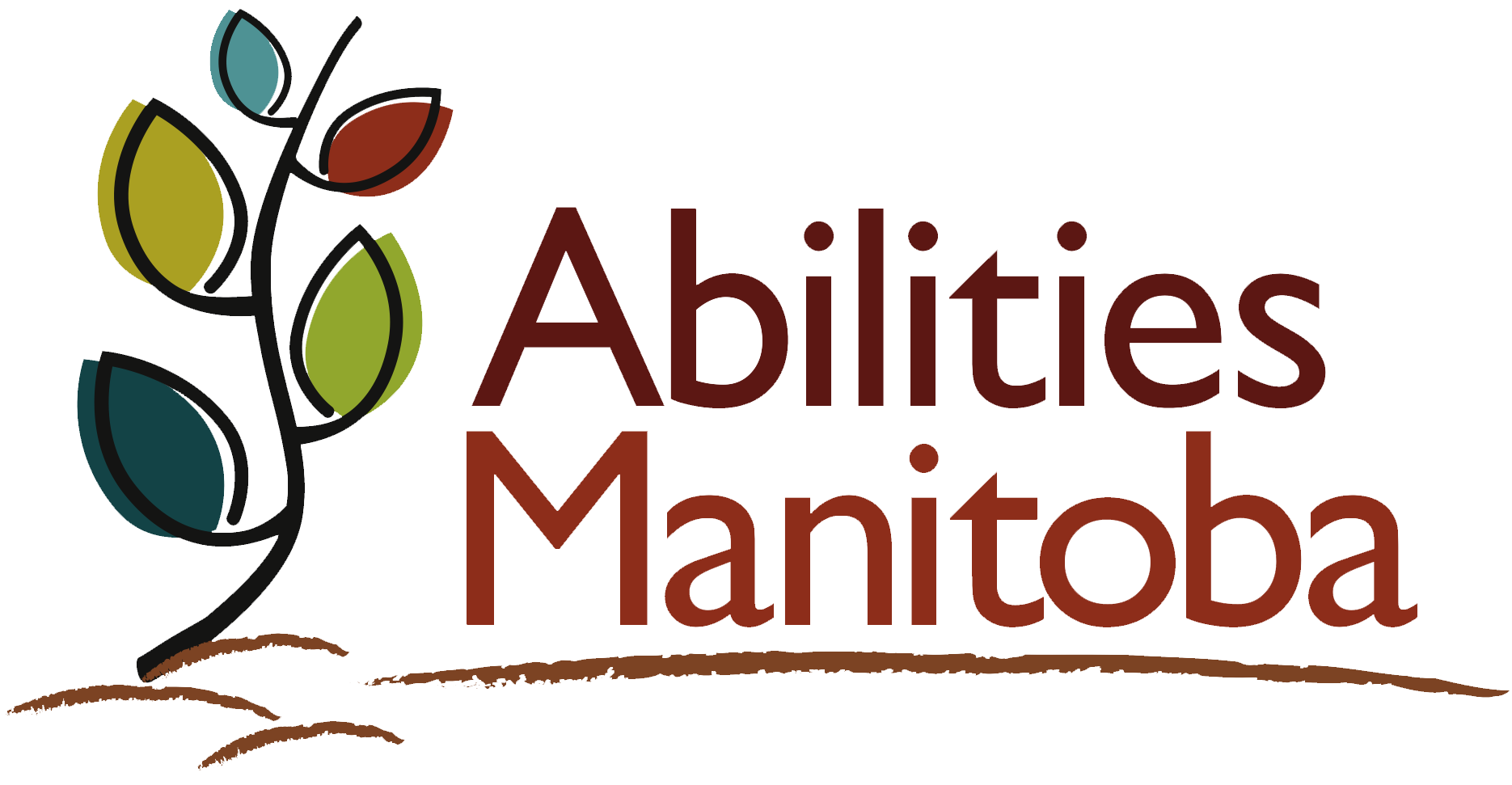Documents authored by Abilities Manitoba are available in alternative formats. For other shared documents and resources, please contact the original author. If you require any assistance please contact us and we will do our best to accommodate you.
You can contact us at admin@abilitiesmanitoba.org or 431-688-6108.
Leading Practice Guidelines
Fun & Recreation
Type: Wellbeing
Guideline: When recreation & leisure supports are part of the scope of service, the organization acknowledges, promotes and facilitates the important role of fun and recreation in people’s life. The organization provides important logistical and planning supports to ensure that people have access to activities that they find fun, interesting and pleasurable.
What does this look like?
The organization actively seeks information and input from the person receiving services on their interests, hobbies, and activities that they find pleasurable. This information is captured in people’s support plan to ensure that it is not lost or forgotten.
Where people’s experiences of activities and hobbies have been limited, the organization will make efforts to create opportunities for the person to trial and experiment.
Where the person does not communicate in traditional ways, the organization will note non-verbal body language, facial expressions, vocalizations and other demonstrations of interest or dislike to try to interpret the persons’ likes and dislikes. The organization will collaborate with the person’s family, friends and other natural supports to discover and document activities that they prefer.
As fun activities are more meaningful when shared with friends and family, the organization will work with the person to look for opportunities to build relationships or share time with loved ones while doing the things they find fun and entertaining.
The organization will provide logistical support as needed so the person can engage in fun activities to the extent that they wish and their resources allow. This may include purchasing tickets, arranging rides, providing companion support, calling ahead to assess accessibility, providing guidance on required or appropriate dress, equipment or knowledge.
The organization maintains good knowledge and connections to local businesses and services available to support the person’s interests and desired activities.
Staff are expected and trained to understand and acknowledge the importance of fun, how to discover and uncover what people find interesting and pleasurable and are empowered and knowledgeable in providing the logistical support to enable these activities.
Each person has opportunities for recreation, travel and leisure within their means.
How would you know this is happening? (Evidence)
What you see in systems:
- Support Plans contain information on what activities people find fun, interesting and pleasurable.
- Training content and completion records.
What you see in actions:
- People participate in desired fun activities with support as needed. These activities provide opportunity for building social connections and relationships.
Resources to support achieving guideline:
Ideas of fun activities to explore:
